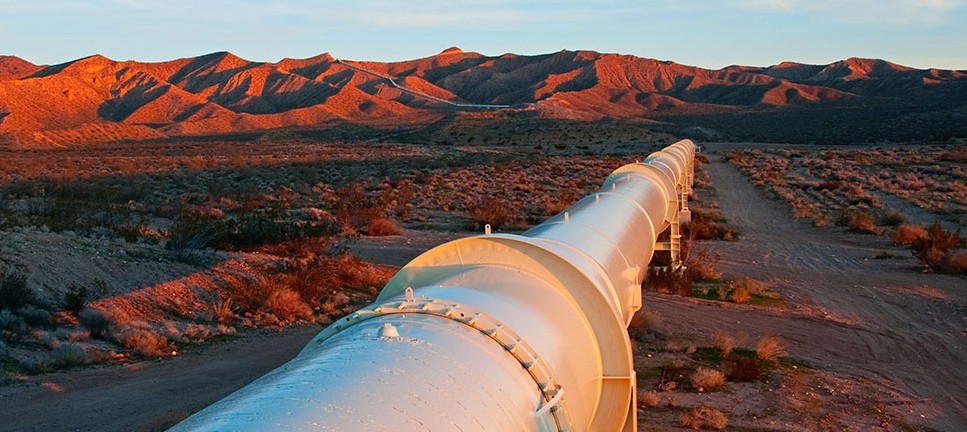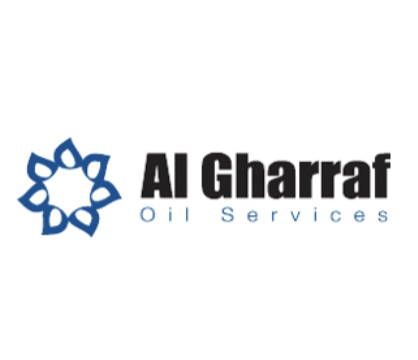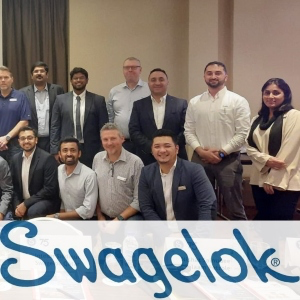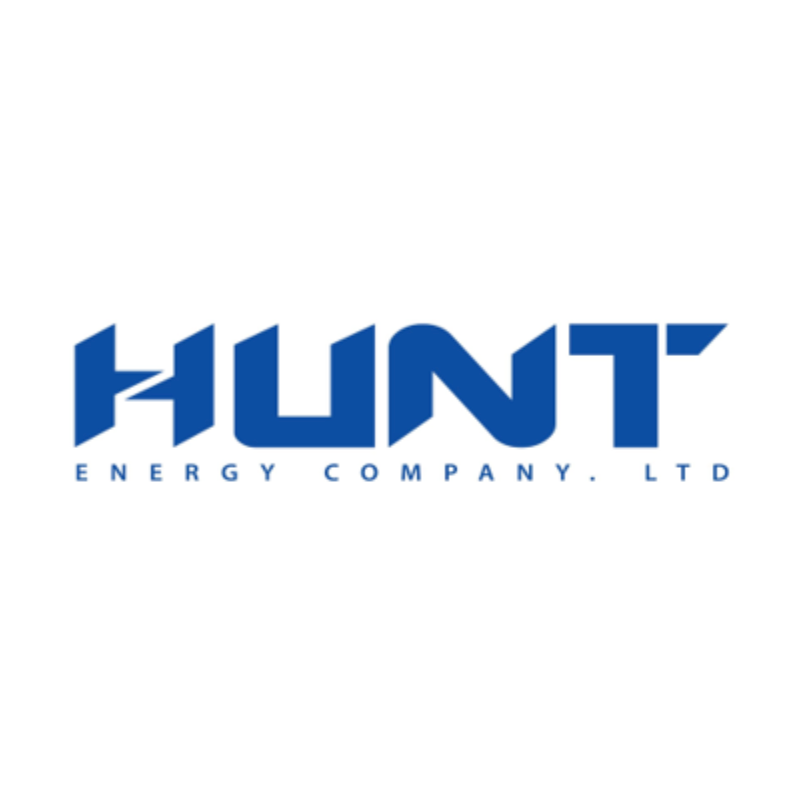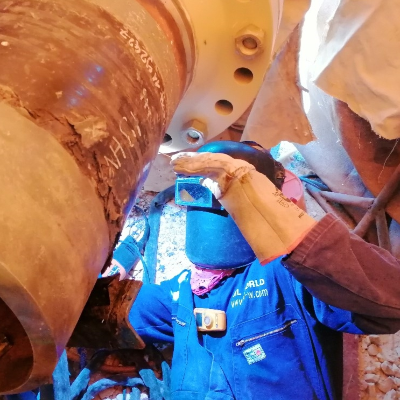The oilfield services landscape in Iraq is entering a dynamic new phase. Recent developments—particularly in export agreements and infrastructure investments—are reshaping opportunities across both Federal Iraq and the Kurdistan Region. Oil World OSC continues to support operators and EPC contractors with engineered products and customized solutions tailored to field-level requirements in both regions.
Federal Iraq: Infrastructure Momentum and Field Execution
Federal Iraq’s southern region remains a focal point of international activity. Mega-fields such as Rumaila, West Qurna, Majnoon, and Zubair continue to attract long-term capital, driving demand for engineering-intensive services.
> Basra: Development at West Qurna and Majnoon is increasing requirements for technical support, materials supply, and onsite integration.
> Baghdad and Central Iraq: National programs are prioritizing midstream expansions, particularly refining and downstream logistics.
> Kirkuk: Recovery and reinjection initiatives are being piloted to modernize legacy production zones.
"Federal Iraq presents a clear case for scale," said Firoz Majeeth, Executive Director of Oil World OSC and Vice President of Business Development at Al Gharraf Oil Services. "We are investing in engineered products and customized solutions, modular fabrication capabilities, project management teams, and asset mobilization strategies specifically tailored to southern Iraq’s large-scale field requirements."
Kurdistan Region: Signed Export Deal Boosts Confidence
On 25 September 2025, Iraq’s Prime Minister confirmed the signing of a pipeline agreement with the Kurdistan Regional Government to resume crude oil exports via the Kirkuk–Ceyhan pipeline. Under the deal, SOMO will manage crude marketing, with initial export volumes capped at around 230,000 barrels per day.
Most international producers have expressed support for the restart, though some, such as DNO and Genel, have requested formal guarantees regarding payment and operational continuity. Arrears from previous periods remain a consideration for full-scale implementation.
"This agreement represents not only a restart for exports, but also renewed confidence in the sector," commented Firoz Majeeth. "We view Kurdistan as a region where adaptability will define success, both commercially and technically. Our engineering teams are positioned to respond rapidly with custom-built solutions for restarting production and maintaining asset reliability."
Strategic Priorities for 2025
Oil World OSC identifies the following themes as central to the evolving oilfield services environment in Iraq:
1. Execution Reliability: Southern projects require dependable sourcing, fabrication, and delivery under tight timelines.
2. Commercial Clarity in Kurdistan: Risk sharing and payment terms remain critical amid unresolved legacy claims.
3. Integrated Solutions: Customers prioritize bundled offerings, combining engineered products with field installation and ongoing support.
4. Local Footprint & Responsiveness: Companies with in-country teams, stock, and fabrication agility will have a competitive edge.
5. Partnerships & Shared Capability: Strategic alliances, including the Oil World OSC–Al Gharraf Oil Services partnership, support scalable and reliable project execution.
Conclusion
Iraq’s oilfield services sector, across both federal and regional jurisdictions, is poised for cautious reactivation in 2025. With positive momentum on export agreements, continued operator interest, and increased infrastructure investment, market conditions are improving. Service providers must remain vigilant around payment structures, mobilization timelines, and regional risk.
With upcoming political transitions in Iraq, we remain focused on ensuring continuity of services and long-term partnerships across the energy sector. Oil World OSC is committed to supporting Iraq’s energy future through high-quality engineered products, customized solutions, project integration, and local responsiveness. With deep partnerships and a growing regional footprint, the company is well placed to support Iraq’s next chapter of energy development.
Energy Services Outlook 2025: Federal Iraq and the Kurdistan Region
Recent News
-
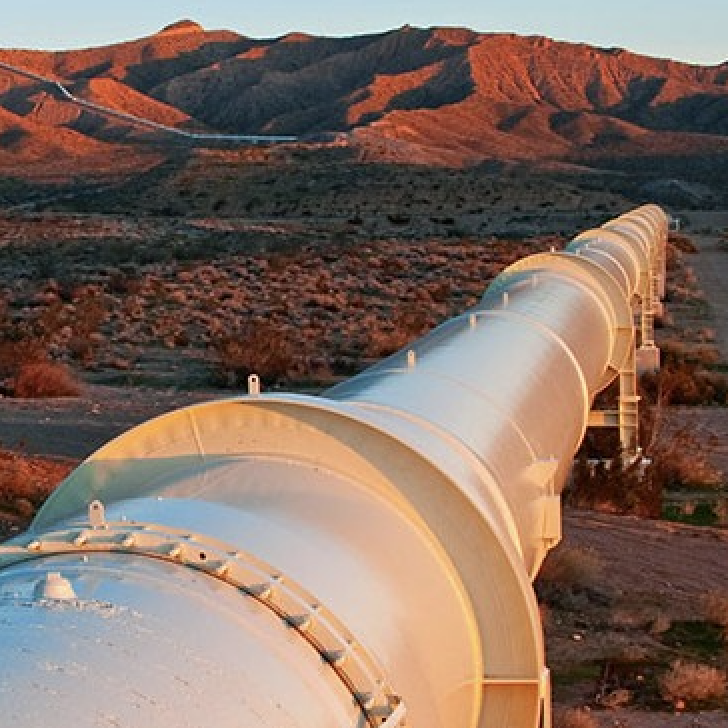
Energy Services Outlook 2025: Federal Iraq and the Kurdistan Region
26 September, 2025
-
Swagelok UAE Middle East Sales Connect Conference
29 November, 2022
-
COVID-19: Oil World resumes site activities in full schedule
17 August, 2020
-
COVID-19: A glance to our approach against this pandemic
22 March, 2020

